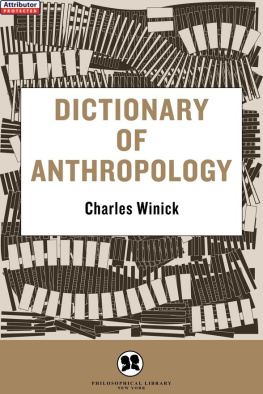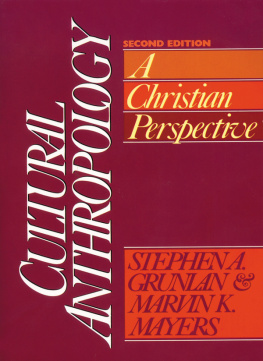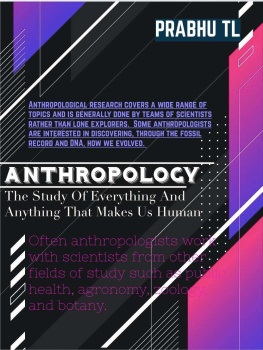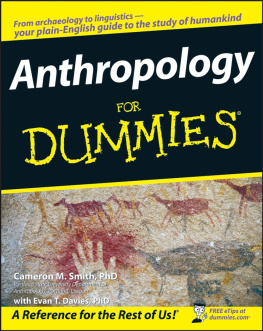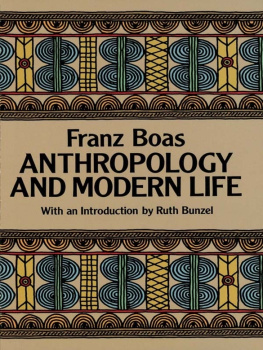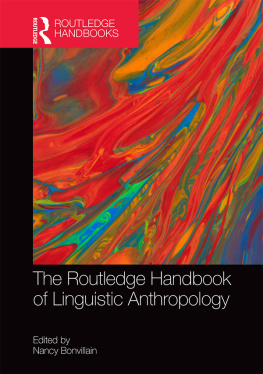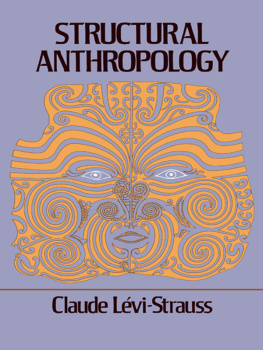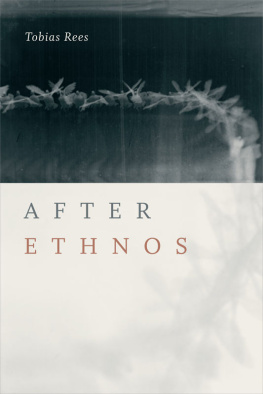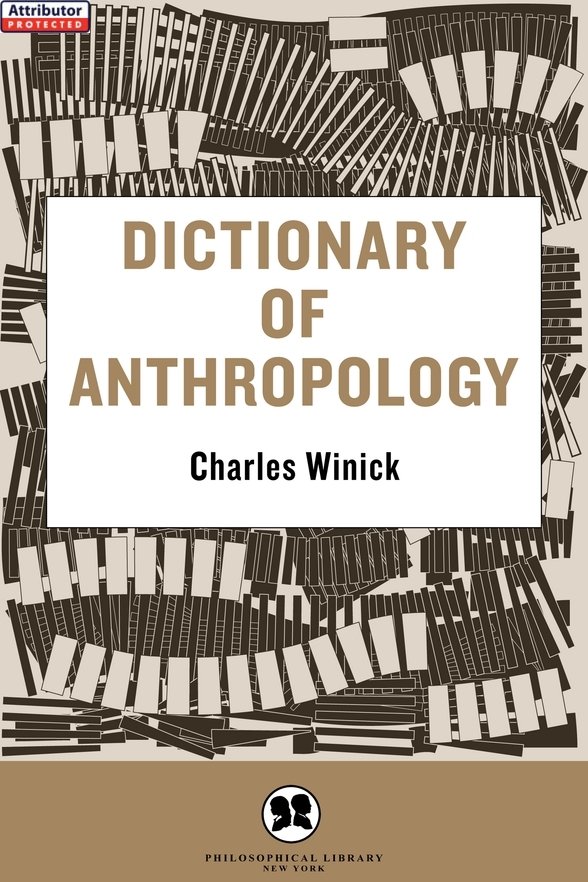A
dos rabattu. See BACK, BATTERED .
froid. A term in ceramics meaning in a cold state, or that the clay was not subjected to firing.
aba. A loose-fitting outer garment without sleeves worn in Asia for festivals and religious pilgrimages. It is characteristically made of a fairly heavy woolen fabric woven into stripes.
abacus. A device for making arithmetic computations by arranging movable counters. Some models have rods or grooves with a counter on each denoting 1, 5, 10, and 100 respectively. Among the Chinese and elsewhere, an abacus consisting of sliding counters on wires within a frame persists in use.
abacus column. See COLUMN , ABACUS .
Abakan. A form of Altaic (q.v.).
abalone. A gastropod of the genus Haliotis. The shell, which has a series of perforations near the edge and is highly iridescent on the inside, was used for ornamentation by the Indians of California and elsewhere.
abandonment. Deserting the sick, the aged, the young, or others who are unable to care for themselves.
abased. A heraldic term applied to an escutcheon on which a chevron has been dropped to a point lower than its normal position.
abat-jour. An architectural device used to diminish and direct the daylight entering a window. It may be a skylight or any screenlike contrivance placed so as to redirect the light.
abbatre. Any type of fabric woven so that the design gives a concave or depressed effect as opposed to an embossed or relief effect.
Abbevillian. A Paleolithic culture that lasted from the first glacial period through the second interglacial period. The type site was at Abbeville, France, and the basic tool was a large core implement serving as a crude hand ax. Core implements originate in this culture and probably were produced around 600,000 years ago in Egypt and around 450,-000 years ago in France and England. An older term for Abbevillian is Chellean, derived from Chelles, France.
abbozzo. In painting and sculpture a rough draft, or sketch, of a projected work of art.
abduction. 1 Carrying off or forcibly detaining a woman with the intention of marrying her. Recent research makes it unlikely that this was ever as widely practiced in ancient periods as older writers maintained. 2 The action of a muscle in drawing an organ or a limb away from the central axis of the body. The abductive muscles are largely found in the limbs and neck. See ADDUCTION .
abhiseka. The Hindu ritual of bathing in sacred waters. The term is sometimes also applied to the anointment of kings and high officials on taking office, and in the Buddhist religion, it means the 10th level of perfection.
abia. A game played with chips and disks in various parts of Africa.
abigarrado. A Mexican term used in jewelry-making or gem-cutting to describe any gem or precious stone that is variegated or not constant in color.
abiotrophy. Tissue degeneration or bodily deterioration.
Abkaz or Abkasian. A language of the western branch of the North Caucasian family.
ablative. In grammar, the noun, pronoun or adjective case which shows the agent, means, or source (and sometimes the time or location) of an act or occurrence.
ablaut. Regular variation in the root vowel of two or more related words so as to show changes in the meaning, e.g., r u n - r a n . It is a type of quantitative gradation. The term apophony is sometimes used.
abong. An Ifugao house used by the poor.
aboriginal. A native of an area before the coming of European or other settlers, e.g., the American Indians were the aboriginal inhabitants of North America. The term is also rendered aborigine, although this usage has some connotations of dislike.
abortion. Delivery of a fetus before it can become a viable human being. In certain cultures abortion may be deliberately induced for economic reasons, to avoid the pains of childbirth, or to conceal illicit sexual relations. Deliberate abortion is found in almost all cultures.
abracadabra. A magic (q.v.) formula used against disease and misfortune.
abrasion. The technique of shaping rocks that do not fracture easily by using sandstone or wet sand as abrasive agents.
abraxas. A magical word in occult science which is numerically equivalent to 365, the number of days in a year. Believed to be the name of a god, a gem or stone bearing this word is credited with great potency as a charm. Abraxas also means an amulet (q.v.) engraved with a mythical figure, usually half human and half animal, and a verse or legend. Some examples have the word abraxas inscribed.
abri. The French term for shelter.
abris sous roche. See SHELTER , ROCK .
Abruzzese-Neapolitan. The Italian dialects spoken by the inhabitants of southern Latium, Abruzzi, Campania, Lucania, and Puglia. They are characterized by a clouding or obscuring of the final vowels and umlaut distinctions in the root vowels.
absorption. In linguistics, the process of suppressing a sound or the process by which the sound is assimilated with an immediately adjacent sound.
Abuna. A patriarch of the auto-cephalic Coptic Christian church of Ethiopia.
abyss. The space in some early religions, without bottom or filled with water, behind or under the earth. In Babylonian thought, for example, the abyss was believed to be a primeval chaos which gave rise to the universe and to life.
acanthon. In physical anthropology, the point of the anterior nasal spine.
Acatl. The second year, in Aztec writing; also the word for cane.
accent. In linguistics, a distinguishing stress or force of voice on some syllable (q.v.) or syllables of a word.
accent, circumflex. A symbol (^) which is written over letters representing vowels to show the proper pronunciation. In French the circumflex accent also indicates that in the antecedent Latin word an s now omitted, followed the vowel, e.g., French tte from Latin testa.
accent, final. Emphasis or stress placed on the last syllable of a word.
accent, medial. Emphasis on a syllable other than the first or last.
accent, pitch. A comparative weighting of pitches within a single utterance.
accent, stress. See STRESS .
access, peaceful. Permission to an outsider to enter a groups territory, occasionally so that advantage of a natural resource may be taken.
accetta. A hatchet with the cutting edge parallel to the handle.
accidence. The study of the modification of words through inflection (q.v.) and root vowel changes.
accidentalism. A world view which posits the existence of actions or events that are neither caused nor predictable.
acclacuna. A female slave among the Incas.
acclimatization. The process by which organisms adapt themselves to a new climatic environment. The color of human hair and skin may be an example of the changes accompanying this process, although anthropologists are not in agreement on this.
acculturation. The process by which culture is transmitted through continuous firsthand contact of groups with different cultures, one often having a more highly developed civilization. The process may be unilateral or bilateral. It could be said, e.g., that about 1,000 years ago Japan largely received its culture from China through acculturation, acquiring such items as writing, coined money, and Buddhism, with the Chinese accepting only the folding fan from Japan. The 19th century saw a second period of acculturation for Japan, this time from the West. The German term Kulturfall is sometimes found.

